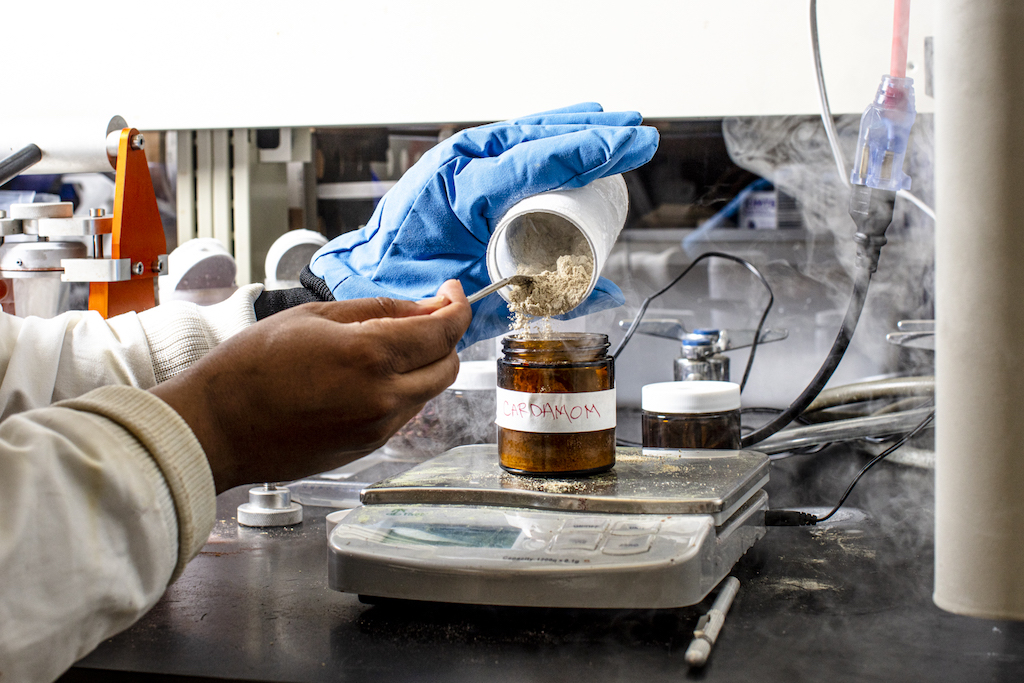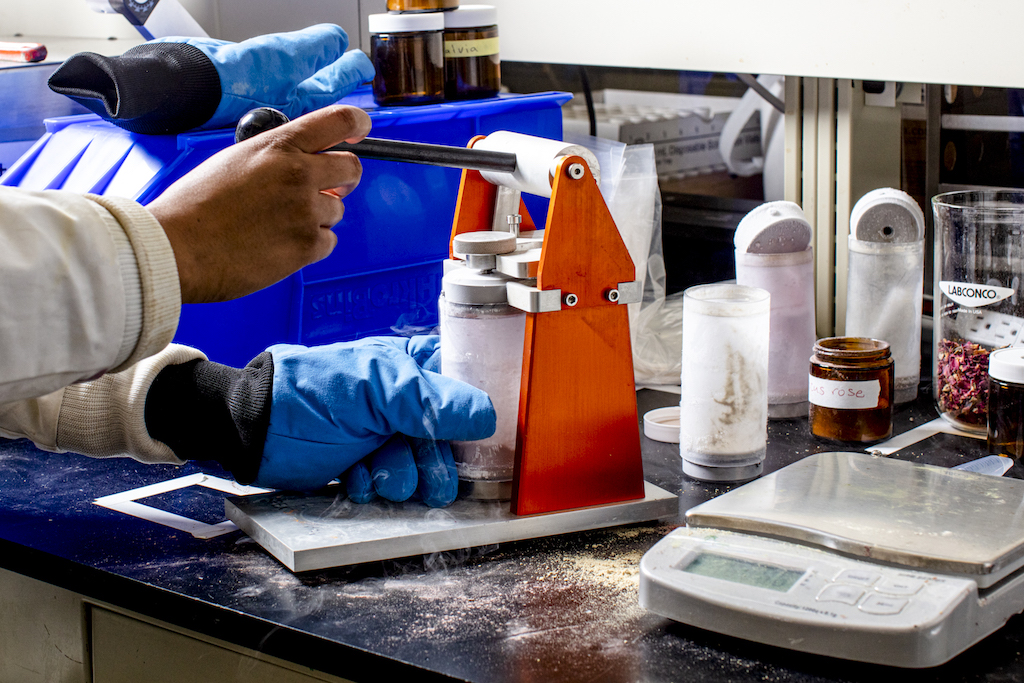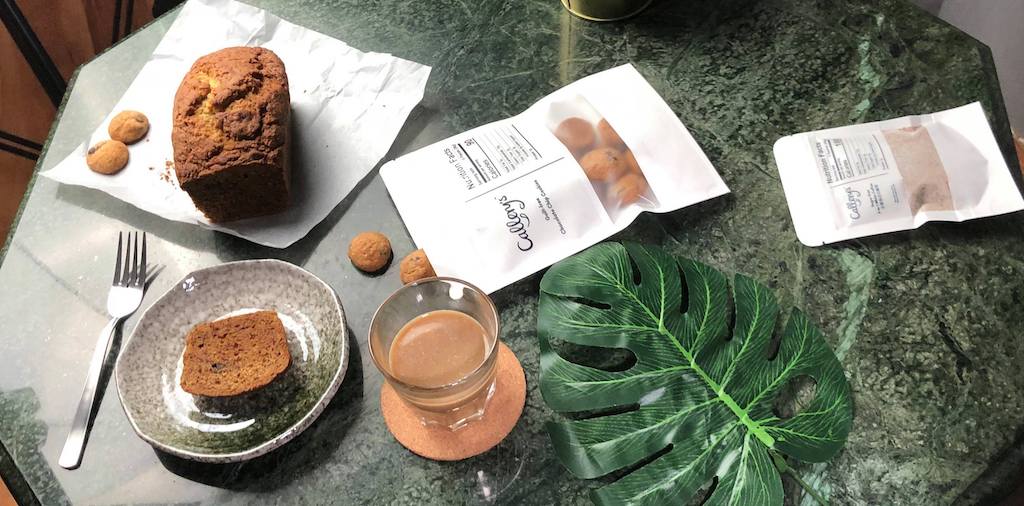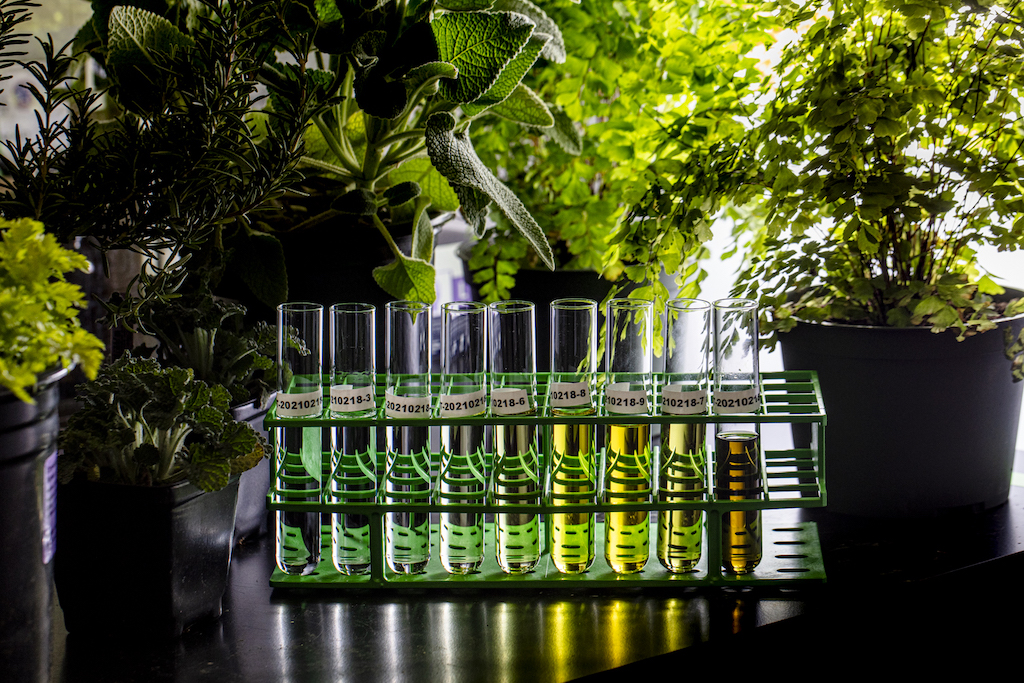4 Mins Read
California-based AI phytonutrient detection startup Brightseed has closed a successful Series B funding round led by Singapore-based Temasek, with added participation from both existing and new investors, the raise garnered $68 million. The new funding has been earmarked for accelerating the startup’s proprietary AI system’s ability to map plant compounds.
To date, Forager, as the company’s AI platform is dubbed, has recorded more than two million compounds. These remain in various states of validation, being beneficial for digestive, metabolic and cognitive health, amongst others. Once more compounds have been mapped and fully validated, Brightseed can approach the commercial launch of its first product in earnest. This will be manufactured in its new commercialisation centre, in North Carolina.

The secret ingredient for health foods of the future
Brightseed will supply bioactive compounds on a B2B basis to other companies. In the meantime, it has partnered with multiple big names already, including Danone and Ocean Spray, to develop a working knowledge of plant-based food supply chains. From here, it will be able to make recommendations as to added ingredients, in future product developments.
“Nature holds an incredibly rich and largely uncharted source of powerful, natural bioactives that create health benefits in humans, and we’re now able to access and integrate them into products for food and health industries,” Jim Flatt, PhD, co-founder and chief executive officer of Brightseed told Food Business News. “Discovering and mapping natural bioactives to human health benefits was just the first step for Brightseed. Now, we’re launching clinically-studied ingredients and insights to illuminate the hidden potential in nature to restore human health.”
Brightseed’s first product release is said to be a digestive health-boosting ingredient. Investigating upcycled hemp hulls, the startup discovered two bioactive compounds which were deemed to be beneficial to human health. This was Brightseed’s first meaningful discovery and is pursuing generally recognised as safe (GRAS) certification from the Food and Drug Administration.

Tackling health concerns with natural ingredients
Connections between red meat consumption and cancer, diabetes, obesity and more continue to be highlighted by scientific studies. This in turn is resulting in widespread advice and requests that people look to reduce their meat consumption but a question keeps cropping up: how healthy are meat substitutes and plant-based foods really?
The simple answer is that not all plant-based foods are healthy. Many, especially early incarnations of meat analogues, relied on coconut oil, which isn’t great for saturated fat levels. While most meat substitutes are good sources of protein, many rely on common allergens such as soy or wheat as a base and then comes the sodium levels.
In one Beyond Meat burger patty, consumers are getting 8 grams of saturated fat and 390 milligrams of sodium. As a highly processed plant-based food, it doesn’t support the idea that ditching meat is always healthy. Though it should be noted that only animal products contain cholesterol, so benefits can be felt here, if nowhere else.
Less processed options, including tofu and jackfruit, contain almost no sodium and both have zero saturated fat. In order to appeal to consumers, however, they often need spicing up. Brightseed aims to straddle the middle, helping to develop considered plant-based lines for partner brands, with added health benefits gleaned from its verified compounds.
“Consumers are increasingly looking for natural and accessible solutions to restore their health, but industry has been severely limited by a lack of tools and technologies to look more deeply into nature’s potential to do that,” Sofia Elizondo, co-founder and chief operating officer told Food Business News. “Brightseed is building the opportunity space for health innovation rooted in nature and delivering a clear path forward for clinical validation. We are eager to make our bioactives readily accessible for food and health industries as we move from lab to shelf and embrace consumers along the journey of bioactive discovery.”

AI to make consumers feel A-OK
Brightseed is not alone in looking to unlock the natural power of existing compounds. Last year it was revealed that Singaporean startup Hoow Foods had bagged $3 million in a pre-Series A funding round to help it scale for wider product launches. The company works by analysing existing food and drinks, using its in-house AI platform, before creating an alternative composition that will be healthier. The Re-Genesys system is claimed to optimise the nutritional profile of favourite foods, using novel ingredients.
Lead photo by Brightseed.




